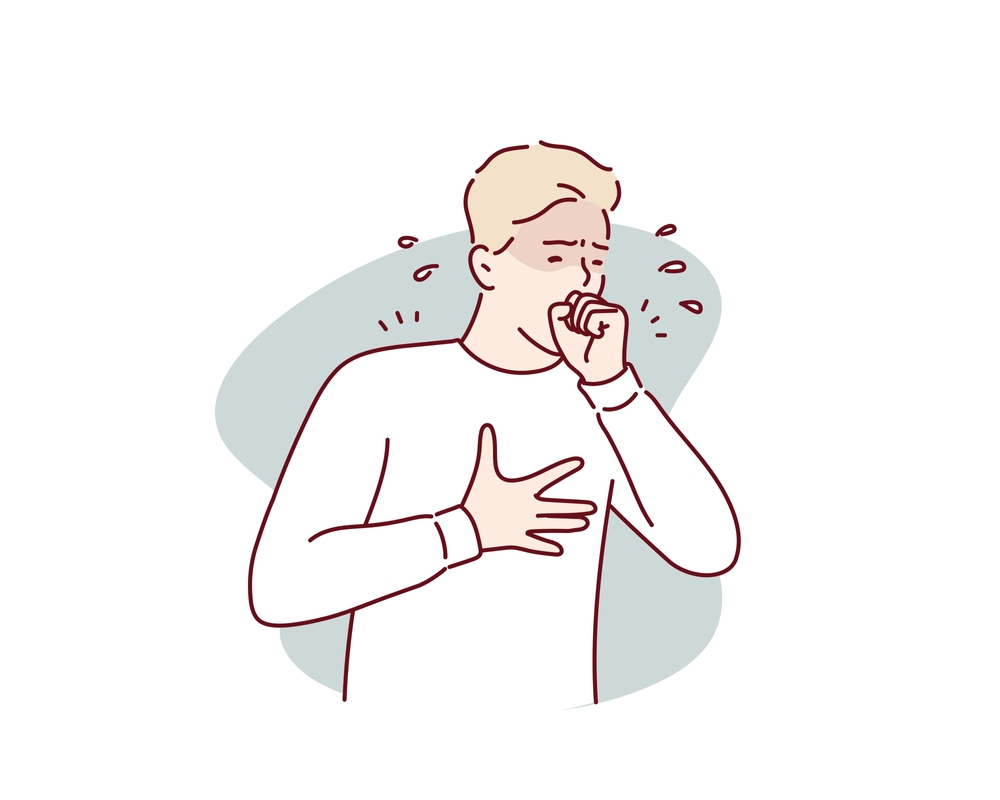Throat pain is one of the most common health complaints worldwide. Whether it’s a mild irritation or severe discomfort, throat pain can affect your ability to speak, eat, or even sleep. This blog will explore the common causes, symptoms, treatment options, and when you should consult a doctor for throat pain.
What is Throat Pain?
Throat pain refers to discomfort, scratchiness, or soreness in the throat. It can occur due to infections, irritants, injuries, or underlying medical conditions. Most cases are mild and resolve independently, but persistent or severe throat pain needs medical evaluation.
Common Causes of Throat Pain
- Viral Infections: The most common causes are viral infections, such as the common cold, flu, COVID-19, or mononucleosis. Symptoms may include sore throat, cough, fever, and runny nose.
- Bacterial Infections: Bacterial infections, especially Streptococcus pyogenes (strep throat), can cause intense throat pain with white patches on the tonsils, fever, and swollen lymph nodes.
- Allergies: Allergies to pollen, dust, or pet dander can irritate the throat and cause mild pain.
- Dry Air: Especially in winter or air-conditioned environments, dry air can dry out the throat lining and irritate it.
- Gastroesophageal Reflux Diseasese (GERD): Acid reflux can cause chronic throat pain, hoarseness, and a burning sensation.
- Irritants: Smoking, alcohol, pollution, or spicy foods can irritate the throat.
- Tonsillitis and Pharyngitis: Inflammation of the tonsils (tonsillitis) or the pharynx (pharyngitis) can result in a painful, swollen throat.
Symptoms Associated with Throat Pain
- Soreness or scratchiness in the throat
- Difficulty swallowing
- Swollen tonsils or lymph nodes
- Hoarseness or change in voice
- Fever and chills (if infection is present)
- White patches or pus on tonsils (suggestive of bacterial infection)
Home Remedies for Mild Throat Pain
- Drink warm fluids like tea, soup, or warm water with honey.
- Gargle with warm salt water
- Use lozenges or throat sprays.
- Humidify your room
- Rest your voice and avoid smoking.
When Should You See a Doctor?
You should consult a doctor, preferably an ENT specialist, if you have:
- Severe throat pain lasting more than 3 days
- Difficulty swallowing or breathing
- High fever
- White patches or pus in the throat
- Blood in saliva or phlegm
- Recurrent throat infections
👉 Dr. Sajib Saha and his team specialize in diagnosing and treating throat-related conditions. If your symptoms are worrying you, book an appointment today.
Treatment Options for Throat Pain
- Viral infections: Usually self-limiting; supportive care is enough
- Bacterial infections: May require antibiotics
- Allergies: Antihistamines and avoiding triggers
- GERD: Lifestyle changes and acid-suppressing medications
- Chronic or recurrent cases: May need further ENT evaluation or even surgical procedures
How to Prevent Throat Pain
- Wash hands frequently
- Avoid smoking and exposure to secondhand smoke.
- Use a humidifier during dry weather.
- Avoid shouting or straining your voice.
- Stay hydrated
Final Thoughts
Throat pain is often harmless and short-lived, but persistent or severe symptoms should not be ignored. Early diagnosis and proper treatment can prevent complications. If you’re struggling with throat pain, don’t hesitate to consult
Dr. Sajib Saha for expert ENT care.
❓ Frequently Asked Questions (FAQs) About Throat Pain
1. What are the most common causes of throat pain?
The most common causes include viral infections (colds and flu), bacterial infections (strep throat), allergies, dry air, acid reflux, and irritation from smoking or pollution.
2. How long does throat pain usually last?
Most mild throat pain caused by viral infections lasts 3–7 days. If it lasts longer than a week, you should consult a doctor.
3. When should I see a doctor for throat pain?
You should see a doctor if you have severe pain, difficulty swallowing or breathing, a high fever, white patches in the throat, or symptoms lasting more than 3 days.
4. Can I treat throat pain at home?
Yes, mild throat pain can often be treated at home with warm fluids, saltwater gargles, lozenges, and rest. However, bacterial infections like strep throat need antibiotics.
5. Is throat pain a symptom of COVID-19?
Yes, throat pain or sore throat can be a symptom of COVID-19, often accompanied by fever, cough, and fatigue. If you suspect COVID-19, consult a doctor and get tested.
6. How can I prevent throat pain?
Wash hands frequently, avoid smoking, use a humidifier in dry weather, stay hydrated, and avoid contact with sick people to prevent throat pain.
7. Can allergies cause throat pain?
Yes, allergies to dust, pollen, or pet dander can cause throat irritation and mild pain, often along with sneezing, a runny nose, or itchy eyes.
8. What is the difference between a sore throat and strep throat?
A virus usually causes a sore throat and goes away on its own. In contrast, strep throat is a bacterial infection that needs antibiotics and usually causes severe pain, fever, and white patches on the tonsils.
9. Should I take antibiotics for throat pain?
Not always. Antibiotics only work for bacterial infections like strep throat. Most sore throats caused by viruses do not need antibiotics.
10. Can acid reflux cause throat pain?
Yes, gastroesophageal reflux disease (GERD) can cause chronic throat pain, hoarseness, and a burning sensation.
